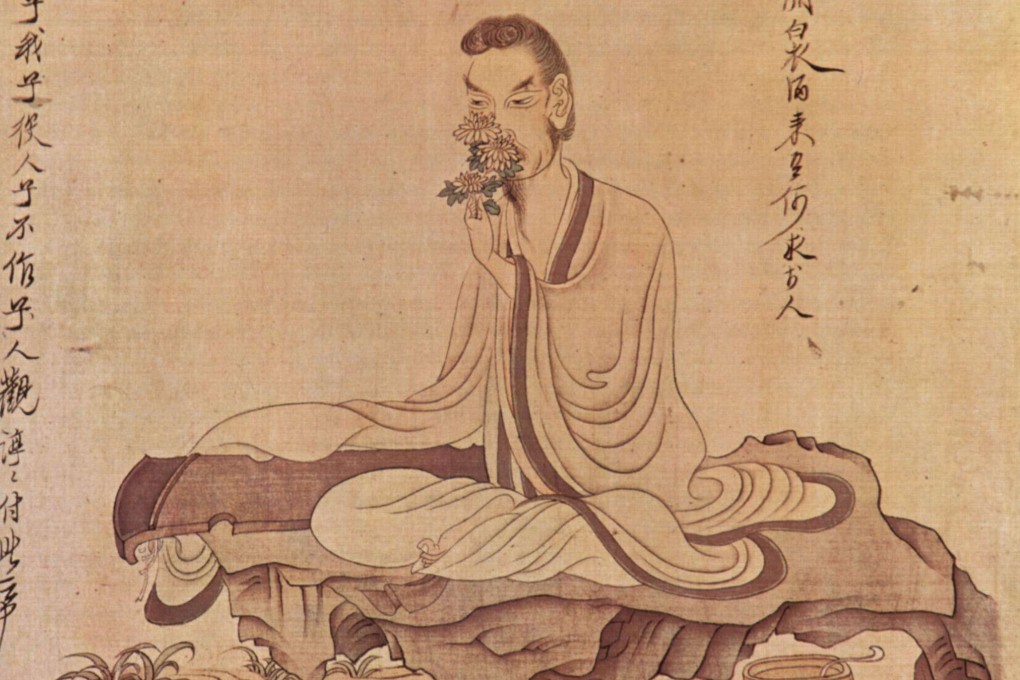Reflections | Why are young Chinese people criticised for ‘lying flat? It proved an invaluable cultural gain for the country once
- If the intellectual Tao Yuanming hadn’t decided he’d had enough of the political arena of the time, his great works of literature might never have been written
- While today’s young people in China seek to quit the rat race for different reasons, both are informed by a sense of disillusionment with the world

Many young people in mainland China are not only choosing, or forced by economic circumstances, to remain childless, a substantial number of them are removing themselves from the rat race in a recent phenomenon known as “lying flat” (tangping).
Discouraged by uneven access to resources and opportunities, the futility in chasing shifting and unreachable socio-economic markers, and the heavy toll the chase is taking on their minds, bodies and relationships, many young Chinese are simply opting out. This isn’t an exclusively Chinese development; youths in many parts of the world face the same predicament, and have reacted with similar resignation and cynicism.
At various times in China’s past, many intellectuals, whose primary reason for being was to use their erudition in the service of their ruler, the state and its people, chose to withdraw from government to live in semi-seclusion.
Some simply could not stomach the rough and tumble of political life. For others, it was a form of passive resistance against rulers or regimes that they disagreed with. During times when the whole or parts of China came under foreign rule, many intellectuals refused to serve the new rulers who were Mongol, Manchu, Xianbei, and so on, and occupied themselves with private pursuits.
The fall of the first Chinese empire of the Qin and Han dynasties (221BC-AD220) was followed by a period of disunity lasting 370 years, when China was divided into north and south, with non-Han Chinese regimes dominating the lands north of the Yangtze River. The constantly changing patchwork of petty kingdoms in the periphery added to the mayhem of that period. Against this chaotic backdrop, many learned men rejected government service, which had long been the accepted path of career advancement for intellectuals, and devoted themselves to writing, farming, mysticism, religions like Taoism and Buddhism, and even commerce.
